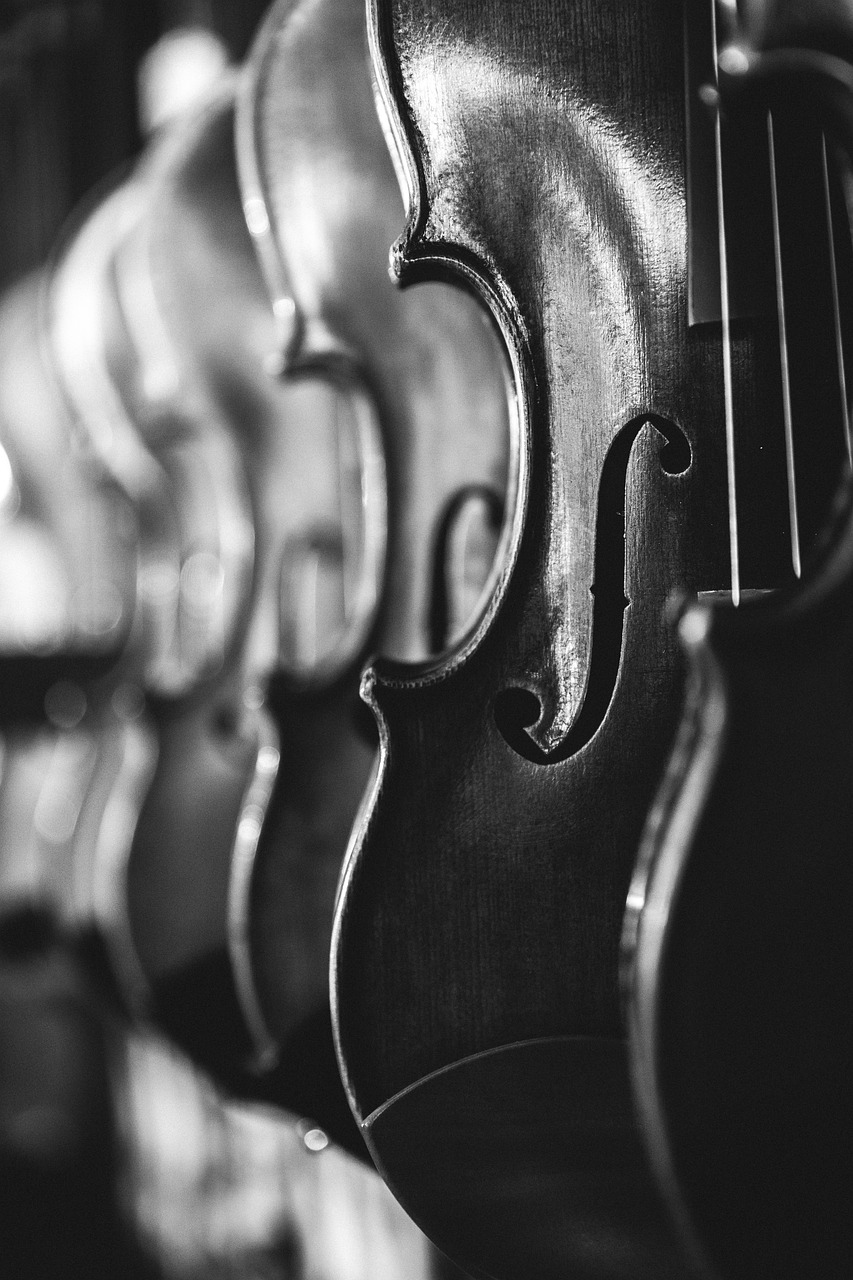Oklahoma’s Classical Scene: A Thriving Music Landscape
Classical music in Oklahoma is a vibrant and growing art form, captivating audiences with its timeless melodies and rich cultural heritage. From renowned orchestras to intimate chamber ensembles, the state offers a diverse range of classical experiences.
The Current State of Classical in Oklahoma
Oklahoma boasts a lively classical music scene, with numerous professional and community-based organizations dedicated to promoting and performing classical repertoire. The state’s largest cities, such as Oklahoma City and Tulsa, serve as hubs for classical activity, hosting prestigious concerts, operas, and festivals.
Emerging Trends Shaping the Future of Classical
Classical music in Oklahoma is undergoing an exciting evolution, with emerging trends shaping its future. Contemporary composers are infusing classical traditions with modern influences, creating innovative and accessible works. Digital platforms and streaming services are also opening up new avenues for classical performers to reach a broader audience.
Key Players and Influencers in Oklahoma’s Classical Market
Numerous organizations and individuals play a vital role in the success of classical music in Oklahoma. The Oklahoma City Philharmonic, Tulsa Symphony Orchestra, and Norman Philharmonic are among the state’s most renowned professional orchestras, presenting a wide range of classical masterpieces and contemporary works.
A Step-by-Step Guide to Implementing Classical
For those new to the world of classical music, navigating the wide range of performances and organizations can be daunting. Here’s a step-by-step guide to finding and enjoying classical music in Oklahoma:
-
Attend local concerts: Explore the websites of the Oklahoma City Philharmonic, Tulsa Symphony Orchestra, and other classical organizations to find upcoming concerts.
-
Support community music groups: Community orchestras, chamber ensembles, and choruses provide accessible and engaging musical experiences. Consider attending their performances and supporting their programs.
-
Discover online resources: Streaming services like Spotify and Apple Music offer a vast selection of classical recordings. Online platforms also provide resources for learning about classical music history, composers, and repertoire.
Common Mistakes to Avoid When Using Classical
While classical music is a versatile and adaptable art form, there are a few common pitfalls to avoid when incorporating it into your projects or events:
-
Overusing classical music: Avoid relying too heavily on classical music as background music or as a filler. Use it sparingly and strategically to enhance specific moments or evoke particular emotions.
-
Misinterpreting the mood: Classical music encompasses a wide range of styles and moods. Take the time to research different pieces to find one that fits the desired atmosphere or message.
-
Neglecting the audience: Consider the background and preferences of your audience when choosing classical music. Select pieces that are accessible and engaging, avoiding overly technical or avant-garde selections that may alienate some listeners.
Case Studies: Successful Classical Implementations in Oklahoma
Numerous organizations in Oklahoma have successfully integrated classical music into their programs and projects:
-
The Oklahoma City Arts Council’s Downtown in December festival features classical performances alongside other art forms, creating a vibrant and inclusive cultural experience.
-
The Norman Philharmonic’s “Sound Dimension” series offers educational concerts tailored to children and families, fostering a love of classical music from a young age.
-
The Tulsa Symphony Orchestra’s “Spirit of Innovation” initiative commissions new works from contemporary composers, showcasing the dynamic and evolving nature of classical music.
Future Predictions and Opportunities for Classical
Classical music in Oklahoma is well-positioned for continued growth and innovation. Here are a few predictions for the future of the art form in the state:
-
Increased collaboration: Classical organizations will partner with other arts groups to create multidisciplinary performances and engage new audiences.
-
Expansion of educational outreach: Classical music education will expand beyond the traditional concert hall, reaching students in schools and community centers.
-
Technological advancements: Digital platforms and virtual reality technology will enhance the accessibility and immersive experience of classical music.
TL;DR: Key Takeaways
Classical music in Oklahoma is a thriving and accessible art form. Emerging trends, such as contemporary compositions and digital platforms, are shaping its future. Key players and organizations support the classical community, providing a diverse range of performances. To fully appreciate classical music, explore local concerts, support community groups, and avoid common pitfalls like overusing or misinterpreting the music. Successful implementations showcase the transformative power of classical music in various contexts. The future holds bright prospects for innovation and collaboration, ensuring that the classical music scene in Oklahoma continues to flourish.
Narrative Summary
Oklahoma’s classical music scene is a vibrant and diverse tapestry of organizations and individuals dedicated to promoting and performing this timeless art form. From renowned orchestras to intimate chamber ensembles, the state offers a wide range of classical experiences.
Emerging trends, such as contemporary compositions and digital platforms, are shaping the future of classical music in Oklahoma. Innovative composers are infusing traditional forms with modern influences, while digital platforms are connecting performers with new audiences. Key players like the Oklahoma City Philharmonic and Tulsa Symphony Orchestra provide a solid foundation for the classical community, showcasing a wide range of classical masterpieces and contemporary works.
While the classical repertoire is vast and rich, it’s important to consider the mood and context when choosing pieces. Avoid overusing or misinterpreting classical music to fully appreciate its emotional impact.
Oklahoma offers numerous opportunities to engage with classical music, including concerts, community music groups, and digital resources. By embracing the diversity and adaptability of classical music, individuals and organizations can enrich their projects and events while fostering a love for this timeless art form.


